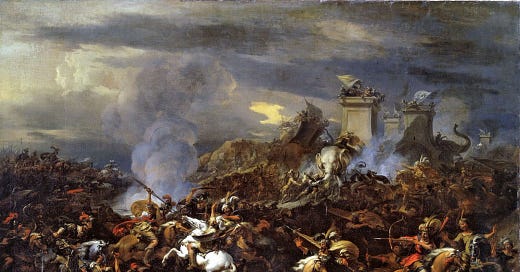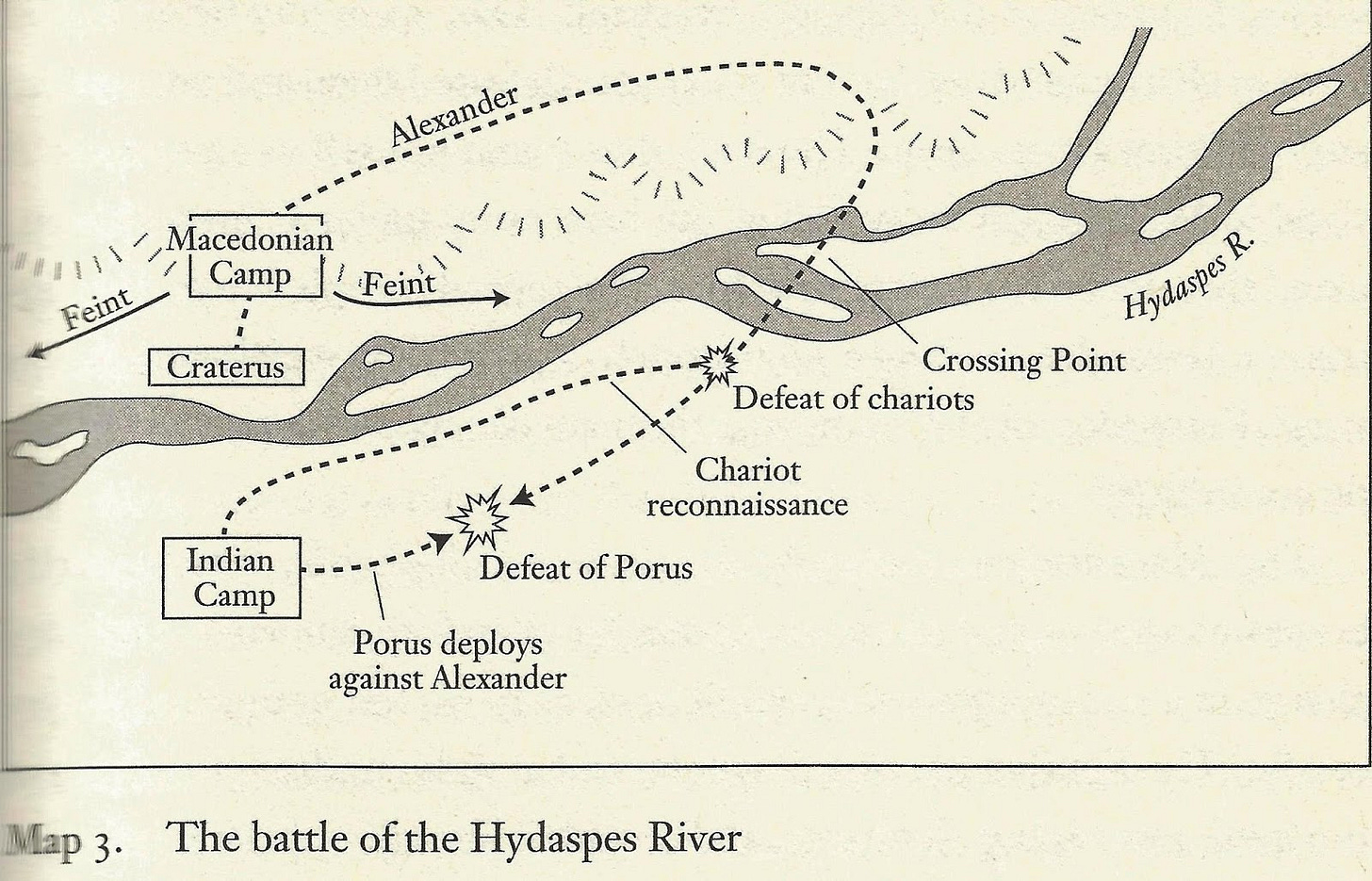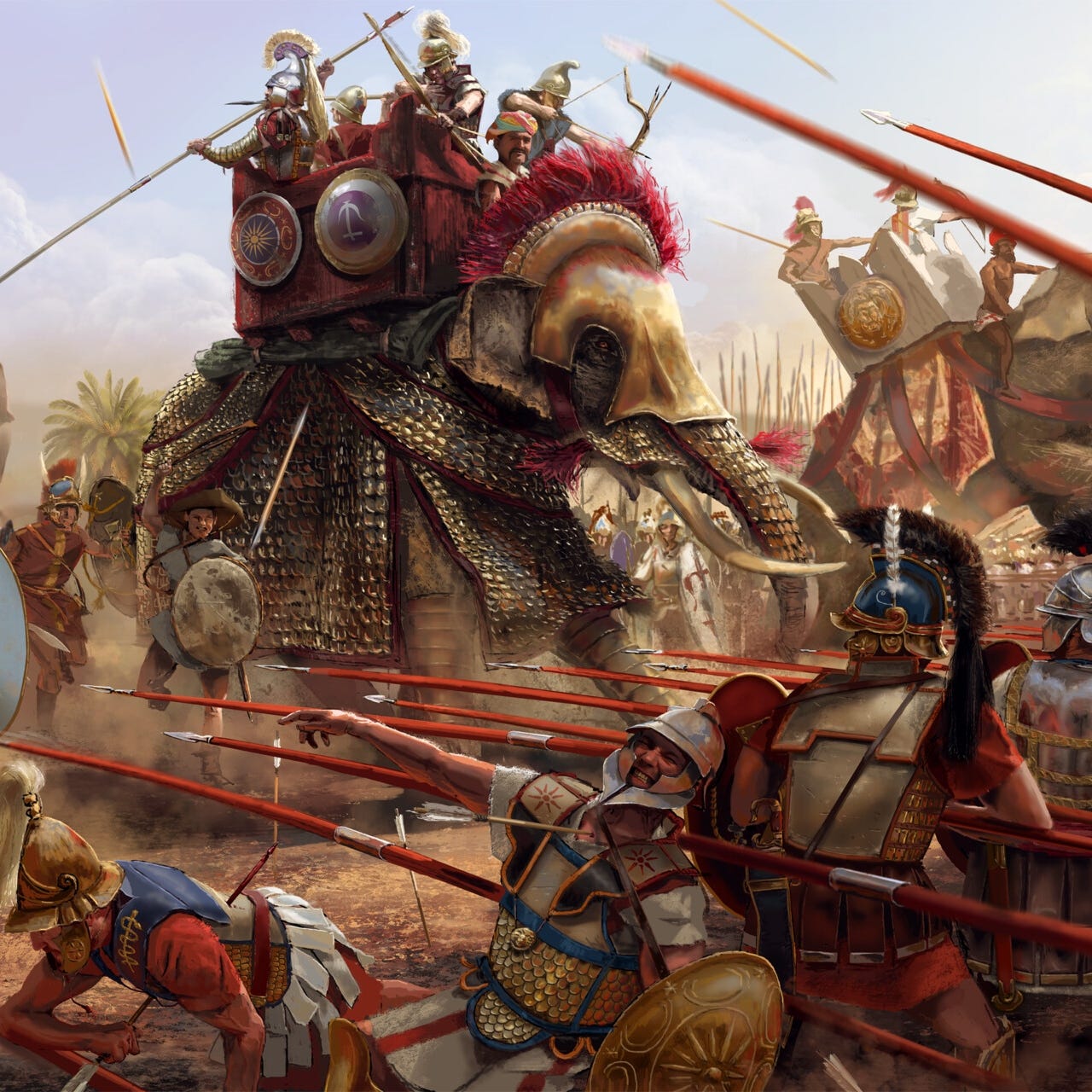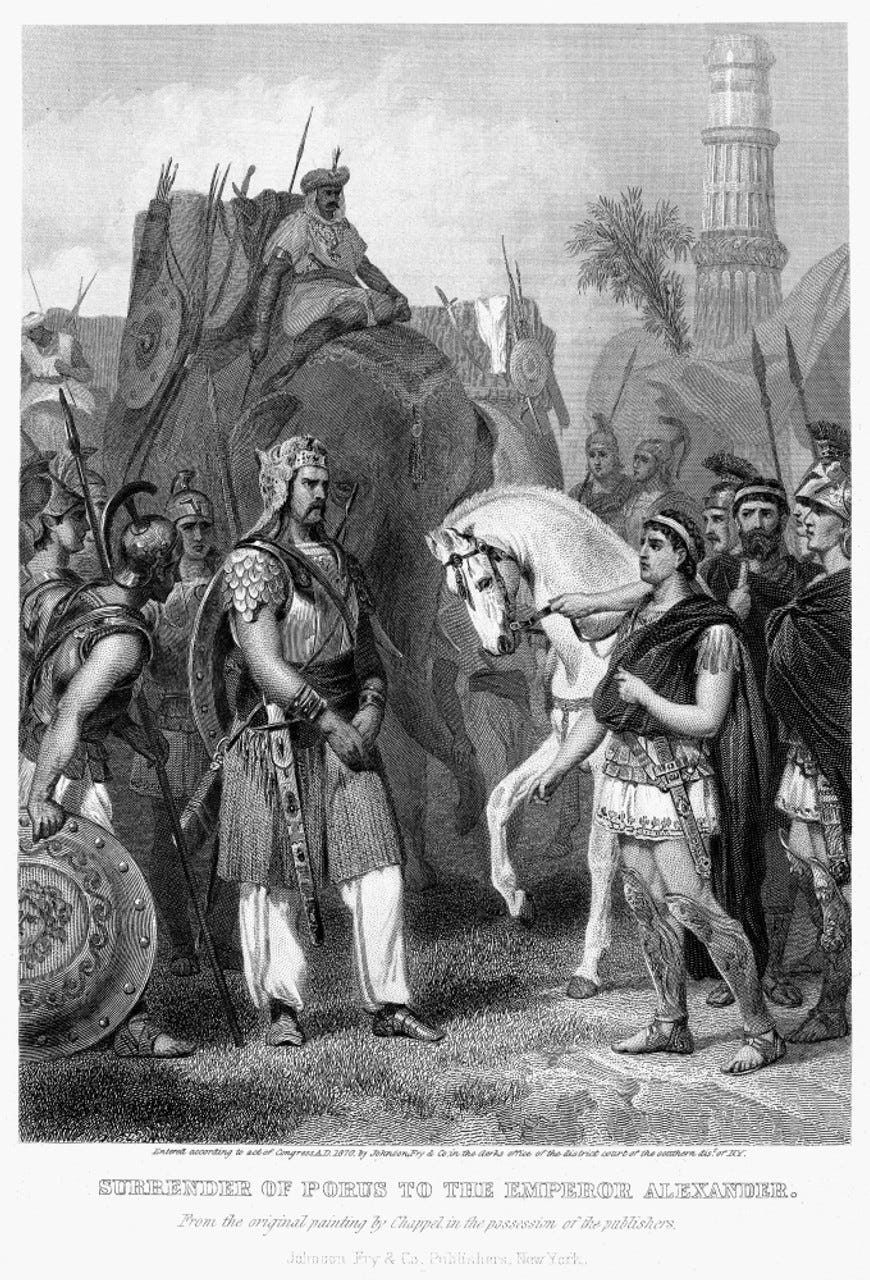Growing up, I fondly remember engaging in conversations with my Uncle (Taya Abu) that left a lasting impact on my perspective of history and how I relate to it.
One such conversation began with our ancestral history, which my uncle and I traced back to the 1670s, spanning nearly 30 generations. Beyond this point, our records ran dry, and we ventured into the broader history of our region. It was then that Taya Jaan recalled his earlier fascination with Alexander the Great and his campaigns in modern-day Pakistan he compared Porus's stature to the likes of Hannibal, and his feats seemed almost too good to be true!, particularly the Battle of Hydaspes, which took place not too far from our ancestral village.
Taya Jaan couldn't recount the battle from a military perspective, but he cherished the fact that our homeland witnessed Alexander's mighty horse, Bucephalus meeting its end, Alexander being challenged, and the legendary conversation between the Macedonian and King Porus following the battle. He felt great pride in being Punjabi as a result.
The Battle of Hydaspes fought in 326 BC between Alexander the Great of Macedonia and King Porus of the Paurava kingdom, is considered one of Alexander's most significant battles during his Indian campaign and continues to be studied by military strategists today.
The battle
Set on the banks of the River Hydaspes (now the Jhelum River) in modern-day Pakistan, Alexander's army, having advanced through the Indian subcontinent and faced several fierce opponents, considered Porus as one of their most formidable adversaries.
In Arrian's "Anabasis of Alexander" Book V, Chapter XVIII, it is written:
“The Macedonians were momentarily frightened not only by the sight of the wild beasts but also by that of the king himself. The animals, which had been positioned among the soldiers, gave the appearance of towers at a distance, while Porus himself was almost larger than life. The animal on which he rode seemed to add to Porus' size, so much did it tower above the others. So Alexander, observing the king and the Indian army, said, 'At last I see the danger that I had anticipated, for there are not only beasts but also brave men to contend with.'”
Though accounts vary, Porus commanded a powerful army of 35,000 infantry, 4,000 cavalry, 300 chariots, and 100 war elephants. However, his troops lacked the battle-hardened experience of Alexander's forces. Strategically positioned on the river's opposite bank with the hills at their back, Alexander's army, consisting of 30-40 thousand infantry, 5,000 cavalry, and a few elephants, held the advantage of superior tactics, weaponry, and discipline, honed through years of military campaigns.
With cunning, Alexander devised a plan to overcome Porus's army's numerical advantage and the elephants, dividing his forces to attack from both the front and rear. In a fierce and brutal battle, both sides fought relentlessly, with Porus's army demonstrating great courage and resilience. However, Alexander's superior tactics and military prowess eventually prevailed.
The aftermath of the battle intrigued me the most, as Alexander requested to meet Porus. As detailed in Arrian's "Anabasis of Alexander",
“When Alexander Porus was being brought to him, he rode in front of the line with a few of the Companions to meet Porus; and stopping his horse, he admired his handsome figure and his stature, which reached somewhat above five cubits (7 feet). He was also surprised that he did not seem to be cowed in spirit, but advanced to meet him as one brave man would meet another brave man, after having gallantly struggled in defense of his own kingdom against another king.
Then indeed Alexander was the first to speak, bidding him say what treatment he would like to receive. The report goes that Porus replied:
Treat me, O Alexander, the way a King ought to be treated!”
Alexander being pleased with the expression, said: “For my own sake, O Porus, thou shalt be thus treated; but for thy own sake do thou demand what is pleasing to thee!”But Porus said that everything was included in that. Alexander, being still more pleased with this remark, not only granted him the rule over his own Indians but also added another country to that which he had before, of a larger extent than the former. Thus he treated the brave man in a kingly way, and from that time found him faithful in all things.”
I've always wondered what instilled such pride in my uncle from this dialogue. After all, more than 2000 years separated us from Porus, and it was a lost battle anyway. For me, it has always been about the ability to relate to something so close to home. Growing up reading Western history, watching Western TV, and listening to Western music put me in a confusing situation at times. When I attempted to delve into our local history, it was filled with references that I could seldom relate to. Muhammad Bin Qasim and Mehmud of Ghazni were not benevolent commanders, at least not for our ancestors. Porus, thus, became an ideal of a rebel of sorts - a rebel who stood up to Greece herself as she conquered her way across the world.
Perhaps my uncle felt something similar, having grown up in newly-independent Pakistan, where society was either hell-bent on proclaiming Arab descent or proving how proficient of anglophones we could produce.








excellent experation and new angle of history